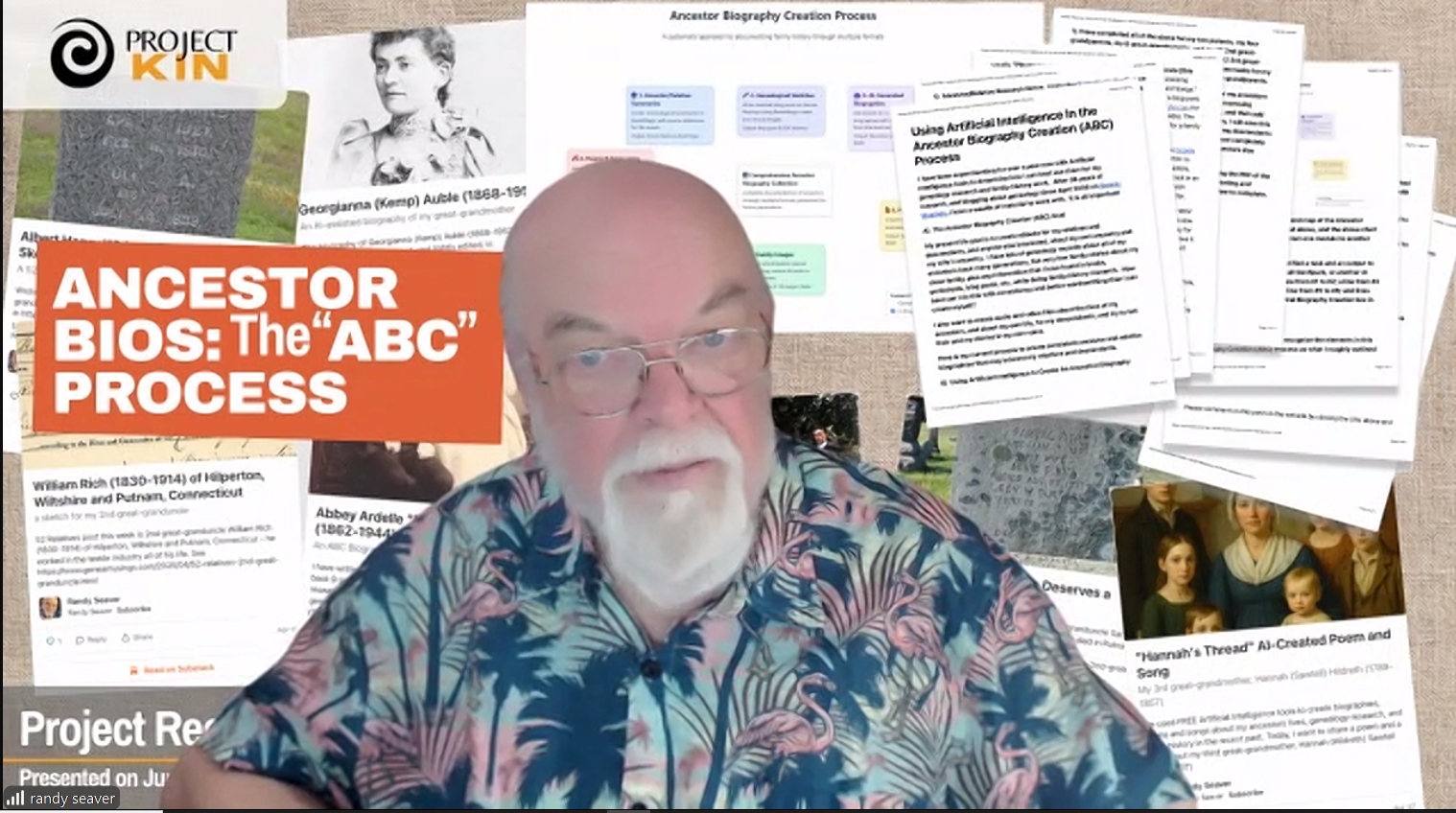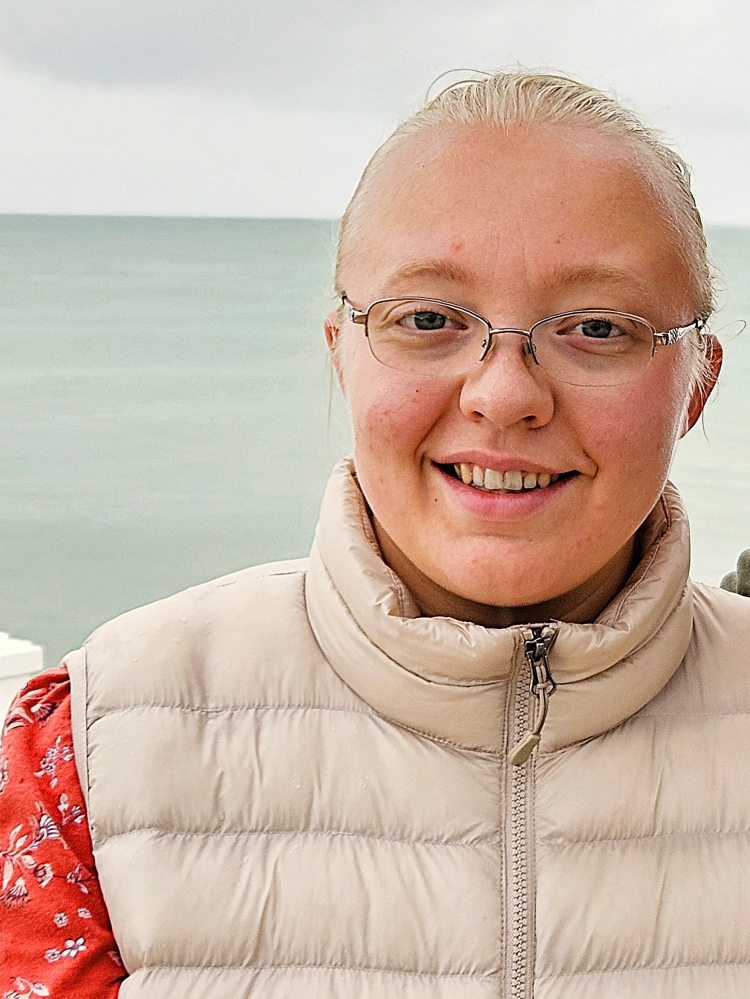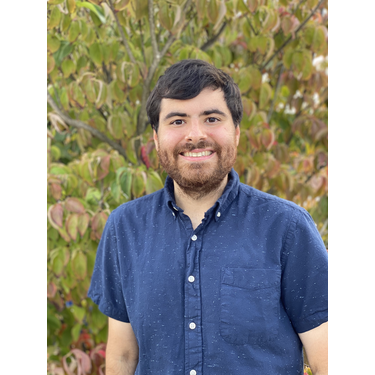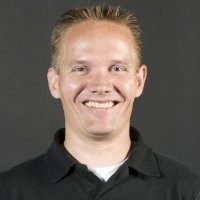Moishe Miller's Education and Development
-
2404/25

Problems with Shared cMs: Multiple Relationships, Endogamy and Genetic Variationby Diahan Southard of Your DNA Guide
Published on Tue, 02 Mar 2021 18:31:25 GMT -
2304/25

SegcM vs Shared cM - Which is Better at Predicting Close DNA Relationships?by Andy Lee of Family History Fanatics
Published on Wed, 29 Mar 2023 18:00:17 GMT -
1902/22
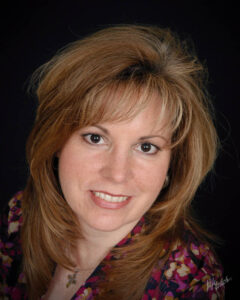
SLIG 2025 Spring Virtual Course 4: The Art of Writing a Research Reportwith Debra A. Hoffman, PLCGS
Wednesdays, 19 Feb - 26 Mar 2025, 10:00am–4:00pm MDT
The Salt Lake Institute of Genealogy (SLIG)
additional instructors
Catherine B. W. Desmarais, CG
Diana Elder, AG
Eva Holmes, CG. AG
Thomas W. Jones, PhD, CG, CGG, FASG, FNGS, FUGA
Angela Parker McGhie, CG, FUGA
Nancy A. Peters, CG, CGL
Karen Stanbary, MA, LCSW, CG, CGG
Cari Taplin, CG
Paul Woodbury, MEd, AG -
27-3101/25
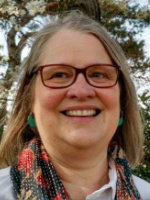
Course 8: DNA Dreamers in Action: Integrating DNA Evidence to Resolve Complex Caseswith Karen Stanbary, MA, LCSW, CG
27 - 31 January 2025
Salt Lake Institute of Genealogy (SLIG)
Instructor in the Course -
1201/25

Sharing Your Stories - Writing Short Narrativesby Marion Werle
12 January 2025 - 9 February 2025 -
1911/24
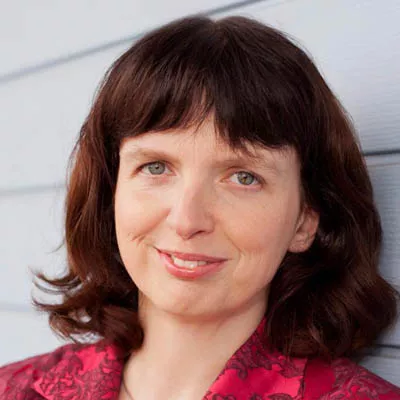
Dear Me: Writing Research Reports to Yourselfby Yvette Hoitink, MLitt, CG, QG
19 November 2024 -
2010/24
Zimmerman Family from Zborov: 4 Siblings Reunitedwith Moishe Miller
20 October 20243009/22
SLIG 2024 Fall Virtual Course 2: Memorializing Family History—From Intimidation to Empowermentwith Karen Stanbary MA, LCSW, CG
Mondays, 3 Sep - 4 Nov 2024, 9:00am–5:00pm MDT
The Salt Lake Institute of Genealogy (SLIG)additional instructors
Gary Ball-Kilbourne, MDiv, PhD, CG
John Philip Colletta, PhD, FUGA
Kaelyn Deeter
LaBrenda Garrett-Nelson, JD, LLM, CG, CGL, FASG
Nicole Gilkison LaRue, CG, AG
Angela Packer McGhie, CG, FUGA
Richard G. Sayre, CG, CGL, FUGABetween classes, students will engage in anonymous peer review and will edit their work with a focus on creative, but tight writing. The final piece is intended to preserve the stories down through generations.
2709/24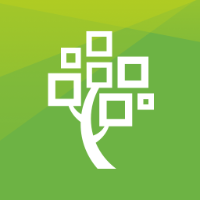
Finding Origins & Birth Families: Methods That Workwith Elizabeth Shown Mills
27 September 2024
sponsored by the Legacy Family Tree Webinars1909/24
xDNA of Maternal Aunts Research Strategy Sessionwith Tanner Tolman
19 September 2024
sponsored by the FamilySearch1109/24
Why oh Why Do Your Y-DNA?by Tanner Tolman, AG
11 September 2024
sponsored by the DNA-SIG of the Utah Genealogical Association609/24
Six Ways to Figure Out How We’re Relatedby Roberta Estes
6 September 2024
sponsored by Legacy Family Tree Webinars0408/24
From Documents to Sentences to Stories: Rebuilding Family Storiesby Sunny Jane Morton
4 August 2024
sponsored by Jewish Genealogy Society of Pittsburgh and the Rauh Jewish Archives at the Heinz History Center2907/24
Using AI to Translate German Church Records (and more) into Englishby Geoff Rasmussen and Andrea Bentschneider
26 July 2024
sponsored by Legacy Family Tree Webinars1804/24
Tell the stories that have preoccupied, amused, and defined your family for generations.with Kristen Millares Young
18 April 2024
sponsored by Hugo House204/24
Visual Phasing Research Strategy Sessionwith Tanner Tolman
2 April 2024
sponsored by the FamilySearch0503/24
Empowering Genealogists with Artificial Intelligencewith Steve Little
5 March 2024
sponsored by the Utah Genealogical Association303/22
SLIG 2024 Spring Virtual Course 5: DNA Dreamers in Action: Writing Proof Argumentswith Karen Stanbary MA, LCSW, CG
Fridays, 8 Mar - 5 Apr 2024, 10:00am–4:00pm MDT
The Salt Lake Institute of Genealogy (SLIG)
additional instructors
Thomas W. Jones, PhD, CG, FASG, FUGA, FNGS
Mary Kircher Roddy, CG, co-editor of the National Genealogical Society Quarterly
Scott Wilds, CG2701/24
Genetic Genealogy for Jewish Ancestry and Overcoming Endogamy in DNAwith Jarrett Ross, The GeneaVlogger
23 August 20192201/24
SLIG 2024 Virtual Course 10: DNA Dreamers: Integrating DNA Evidence to Resolve Complex Cases
YouTube: 2024 SLIG Course 10with Karen Stanbary, MA, LCSW, CG
21—26 January 2024
The Salt Lake Institute of Genealogy (SLIG)
additional instructors
Catherine Desmarais, CG
Thomas W. Jones, PhD, CG, FASG, FNGS, FUGA
David K. Larsen, PhD, MSLIS
Angela Packer McGhie, CG, FUGA
David E. Rencher, AG, CG, FUGA, FIGRS
Richard G. Sayre, CG, CGL, FUGA
Paul Woodbury, MEd, AG1601/24
The Genealogical Proof Standard (GPS): A Reviewby Shannon Green
17 January 2024
sponsored by Legacy Family Tree Webinars1309/23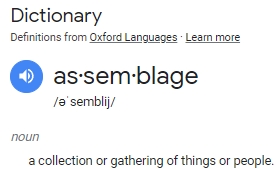
SLIG 2023 Fall Virtual Course Six: Assemblage: Preparing, Writing, and Revising Proof Argumentswith Jan Joyce, DBA, CG, CGL, AG
Wednesdays, 13 Sep - 15 Nov 2023, 10:00 am–2:00 pm MDT
The Salt Lake Institute of Genealogy (SLIG)
additional instructors
Shannon Green, CG
Debra Koehler
Cynthia Richardson
Kim Richardson3105/23Workshop - Putting Skills to Work:
A full day of learning focused on skills needed by any genealogist and advocating established genealogical standards.
1303/23
Make a Colored Dot Ahnentafel Chartwith Mary Kircher Roddy
13 March 2023
sponsored by the Applied Genealogy Institute1402/23
What's New in Family Tree Maker: Q and A Discussionwith Mark Olsen, Family Tree Maker Ambassador
7 February 2023
sponsored by Arthur Sissman of the Jewish Genealogy SIG of Collier/Lee Co, FL0702/23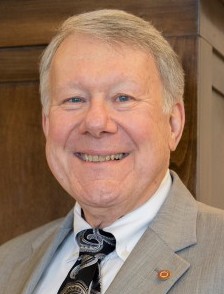
Creating a Family History of Lasting Valuewith Thomas W Jones
7 February 2023
sponsored by Boulder (Colorado) Genealogical Society2301/23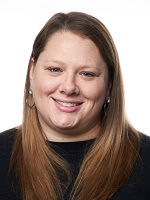
SLIG 2023 Virtual Course Fourteen: Evidence-Based Writing for Genealogistswith Melissa A. Johnson, CG
23—27 January 2023
The Salt Lake Institute of Genealogy (SLIG)
additional instructors
Rick Fogarty
Judy G. Russell, JD, CG, CGL
Karen Stanbary, MA, LCSW, CG1101/23
AF-696: 10 "Must-Do" Genealogy Projects for January | Ancestral Findings Podcastby Ancestral Findings
11 January 20231811/22
SLIG 2022 Fall Virtual Course Two: Proving Your Pedigree with DNAwith Karen Stanbary MA, LCSW, CG
Fridays, 21 Oct - 18 Nov 2022, 9:00 am–4:45 pm MDT
The Salt Lake Institute of Genealogy (SLIG)
additional instructors
Nicole Dyer
Thomas W. Jones, PhD, CG, FASG, FUGA, FNGS
Rebecca Whitman Koford, CG, CGL
Angela Packer McGhie, CG, FUGA
Paul Woodbury, MEd, AG
Jennifer Armstrong Zinck, CG2510/22
SLIG Fall 2022 Proving Your Pedigree Word Sessionwith Thomas W Jones
25 October 2022
sponsored by SLIG Virtual 2022 Course 22110/22
Documenting Lineages, Part IIwith Thomas W Jones
23 September 2022
sponsored by Family History Academy1410/22
Documenting Lineages, Part Iwith Thomas W Jones
23 September 2022
sponsored by Family History Academy3009/22
Citing DNA-Related Sources in Genealogical Writing, Part IIwith Thomas W Jones
23 September 2022
sponsored by Family History Academy2309/22
Citing DNA-Related Sources in Genealogical Writing, Part Iwith Thomas W Jones
23 September 2022
sponsored by Family History Academy709/22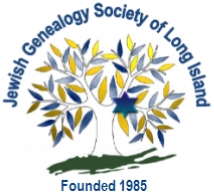
Mapping Your Family History: How to Create a Customized Google Mapwith Alex Calzareth
7 September 2022
sponsored by JGSLI24-2907/22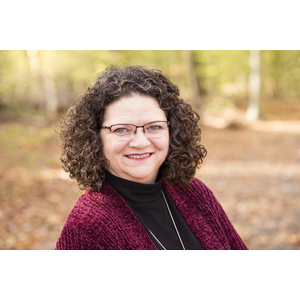
2022 IGHR Course Two: Intermediate Genealogy and Historical Studieswith Angela Packer McGhie, CG, FUGA
25 - 30 July 2021
Institute of Genealogy and Historical Research (IGHR)2000/22
Q and A of Family Tree Makerby Mark Olsen
Virtual via ZOOM
Wednesday, 20 July 2022 at 7:00 PM
sponsored by JGSLI
(1:49:00)20-2406/22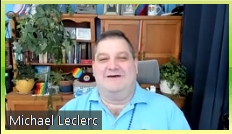
2022 June - Principles of Genealogical Writingwith Michael Leclerc, CG
20 - 24 June 2022
Genealogical Research Institute of Pittsburgh (GRIP)25-2605/22NGS 2022 Family History Conference
2405/22Workshop - Putting Skills to Work:
A full day of learning focused on skills needed by any genealogist and advocating established genealogical standards.
2504/22
5 Things EVERY Genealogist Should Be Doing 🤔 Are You?with Devon Noel Lee of Family History Fanatics
25 April 20222703/22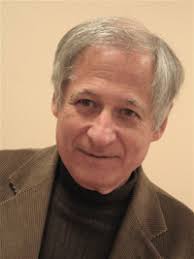
1950 Censusby Steve Morse
In Person Only - 2PM.
Sunday, 27 Mar 2022 at 2:00 PM
sponsored by JGSLI
(2:00:00)16-2501/22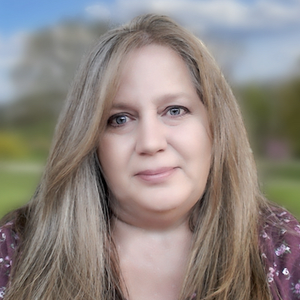
Writing for Discovery: A Genealogy Mindset Makeoverwith Kimberly Powell
16 January - 25 February 2022
Level Up Genealogy Course Hub9-1401/22
Course 6: DNA Dreamers in Action: Writing Proof Argumentswith Karen Stanbary, MA, LCSW, CG
9 - 14 January 2022
Salt Lake Institute of Genealogy (SLIG)0612/21
Zoom: Tech Group Meetingby Alec Ferretti
Monday, 6 December 2021 at 5:00 PM EST
a Special Interest Group at SGS0711/21
Zoom: Seattle Genealogical Society DNA Workshop Groupby Cary Bright and Craig Gowens
Sunday, 7 November 2021 at 1:00 PM PST
a Special Interest Group at SGS0610/21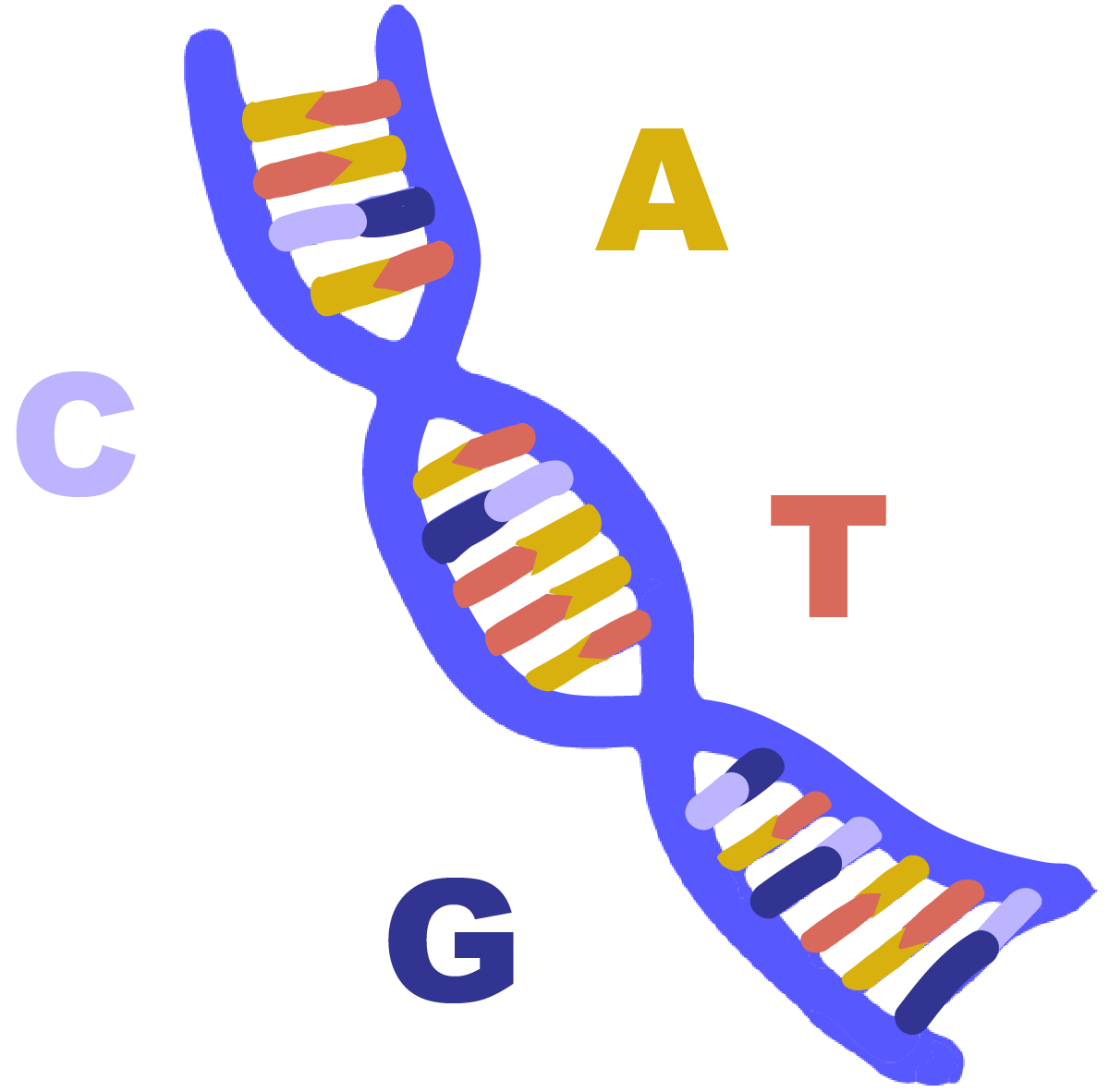
Webinar: Getting Your ACGT Together: Organizational Strategies for DNA Analysisby Paul Woodbury
Wednesday, 6 October 2021 at 7:00 PM
sponsored by Jewish Genealogical Society of New York and the New York Genealogical and Biographical Society25-3007/21
2021 IGHR Course Four — Writing & Publishing for Genealogistswith Thomas W. Jones, Ph.D., CG, FASG
25 - 30 July 2021
Institute of Genealogy and Historical Research (IGHR)2107/21
Understanding Your Galitzianer Family through Vital Recordsby Mark Halpen
Wednesday, 21 July 2021 at 7:00 PM
sponsored by The Jewish Genealogy Society of Pittsburgh1407/21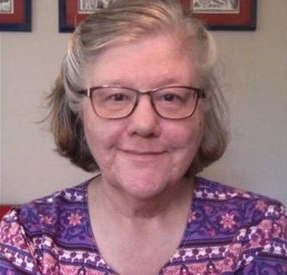
Researching USCIS Recordsby Marian Smith
Wednesday, 14 July 2021 at 7:00 PM
sponsored by JGSLI21-2506/21
2021 June - Mastering Genealogical Documentationwith Thomas W. Jones, Ph.D., CG, FASG
21 - 25 June 2021
Genealogical Research Institute of Pittsburgh (GRIP)704/21
Documentation and Citation: Keep Calm and Cite Your Sources!by Alice Hoyt Veen
Wednesday, April 7 from 8:00 pm to 9:15 pm EDT
sponsored by the Minnesota Genealogical Society302/21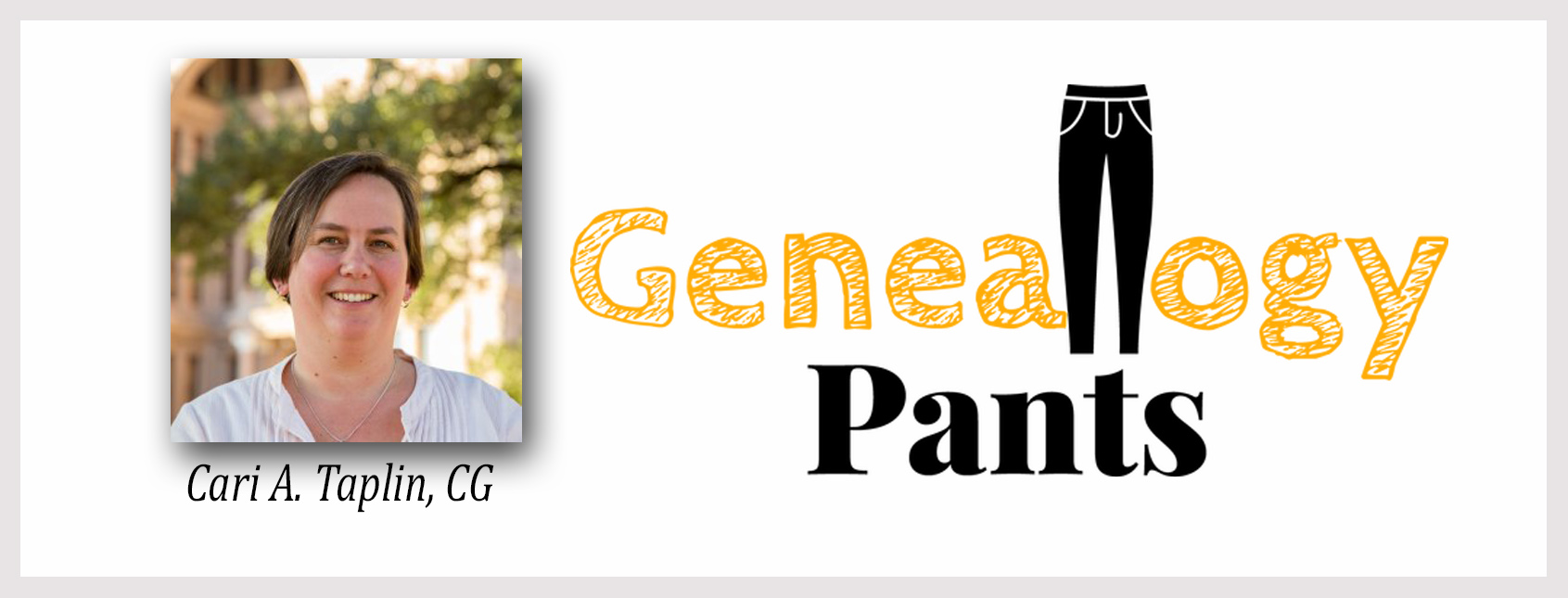
Mastering Genealogical Documentation — Beginning Principles Classby Genealogy Pants
Wednedsays at 8:00 PM2012/20
Research in Galicia, Germany, Lithuania, Ukraine with Breakout Roomsby Jewish Genealogical Society of Long Island
Sunday, 20 December 2020 at 2:00 PM
sponsored by JGSLI0212/20
Four ways DNA Painter can help with your family history researchby Jonny PerlCG
2 December 2020
sponsored by Legacy Family Tree Webinars2010/20
Using DNA Test Results to Confirm a Pedigreeby Angela Packer McGhie, CG
20 October 2020
sponsored by Legacy Family Tree Webinars0710/20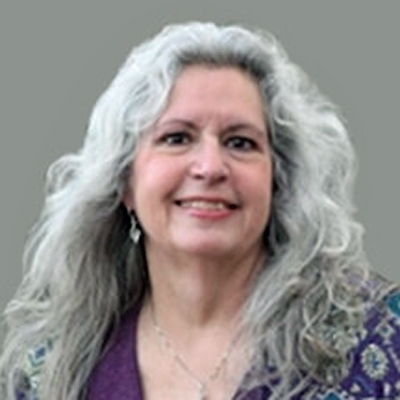
Wringing Every Drop out of Y DNAby Roberta Estes
7 October 2020
sponsored by Legacy Family Tree Webinars1309/20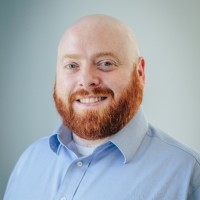
Successful Techniques Using DNA Resultsby Jarrett Ross
13 September 2020
sponsored by the Jewish Genealogical Society of Long Island1309/20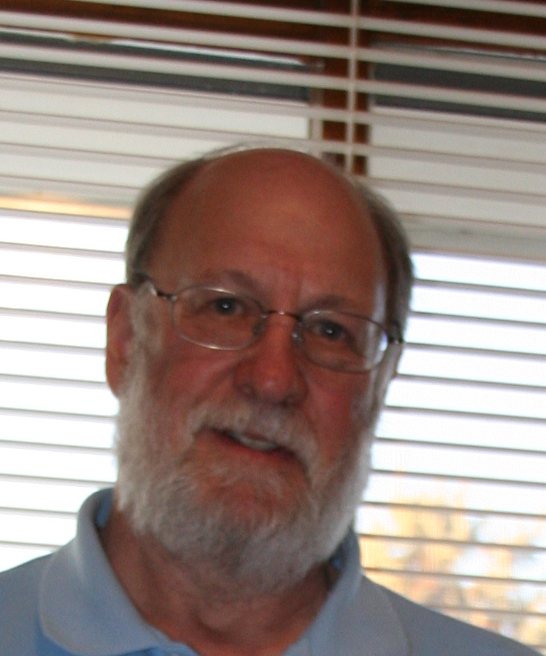
Using Endogamous DNA to Research or Solve Your Genealogical Puzzles DNA Case Studiesby Terry Lasky
13 September 2020
sponsored by the Jewish Genealogical Society of Colorado16-3008/20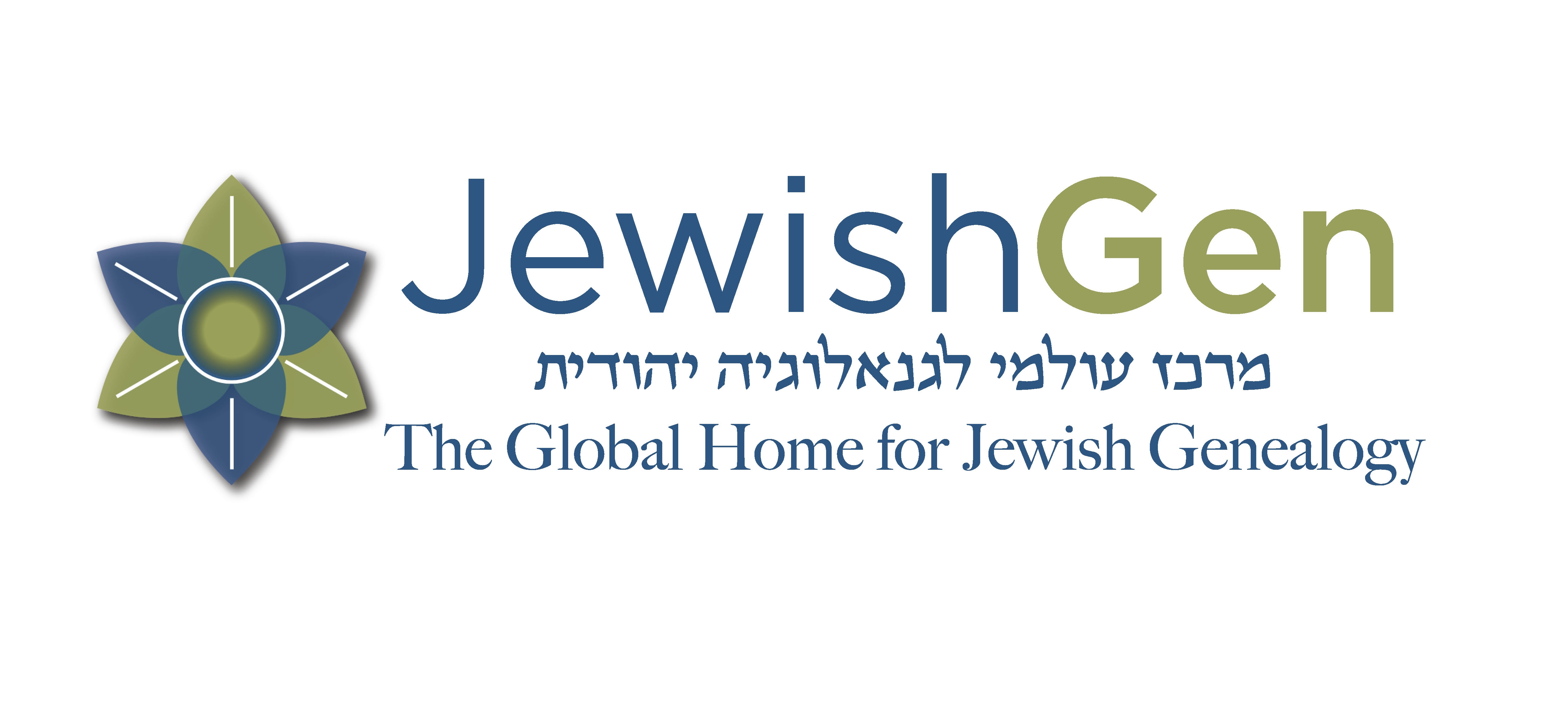
DNA II: Analyzing your DNA Results-Making Matchesby Lawrence Fagan
16, 20, 23, 27 & 30 of August 2020
JewishGen Learning Center Personal Mentoring Program2607/20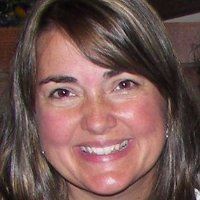
"Comparing Jewish Resources on Ancestry.com, FamilySearch, Findmypast, MyHeritage and JewishGen"
and
"What Would Nancy Drew Do in the Quest for Missing Family"by Ellen Kowitt
26 July 2020
The Jewish Genealogical Society of Illinois (JGSI)19-2407/20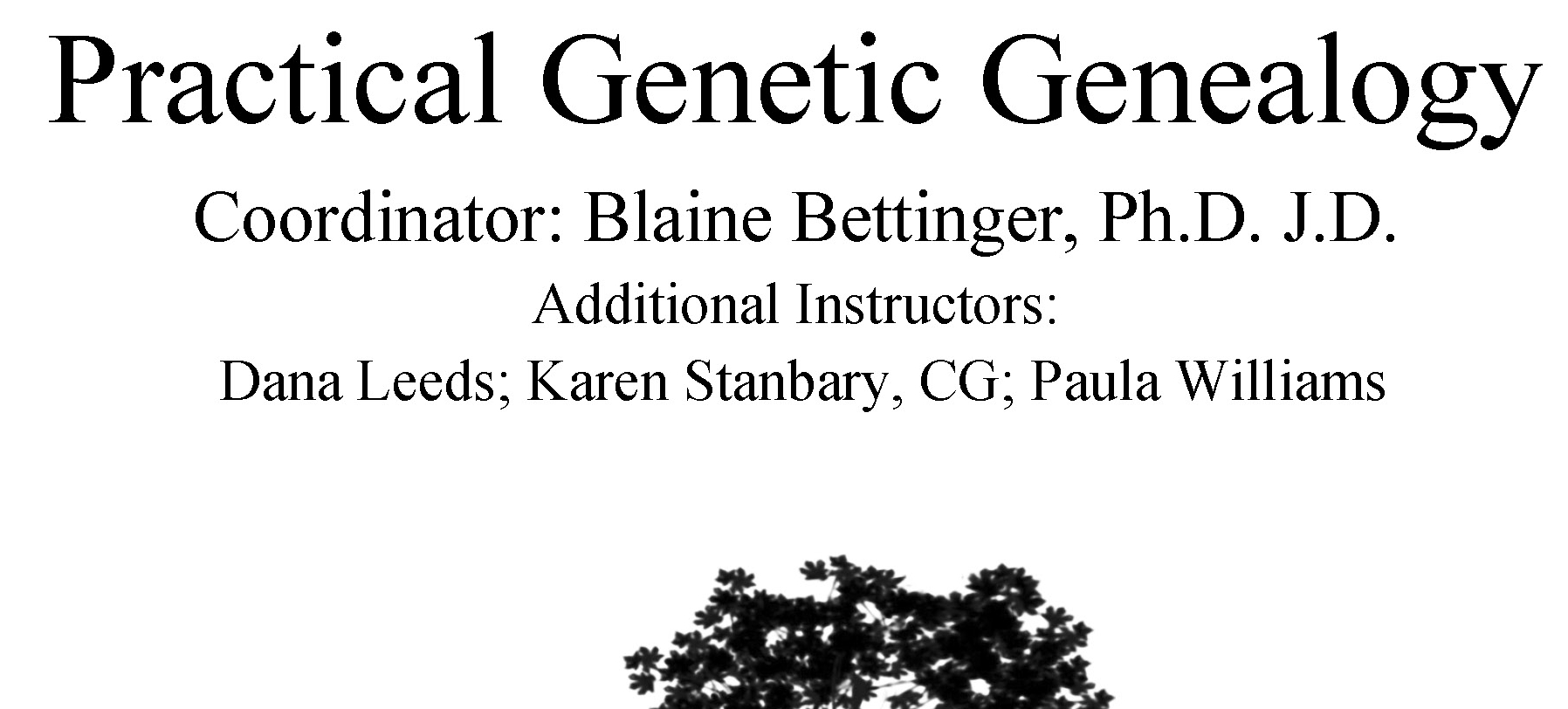
2020 June - Practical Genetic Genealogyby Blaine Bettinger, Ph.D., J.D., Karen Stanbary, CG, Dana Leeds, and Paula Williams
19 - 24 July 2020
Genealogical Research Institute of Pittsburgh (GRIP)0605/20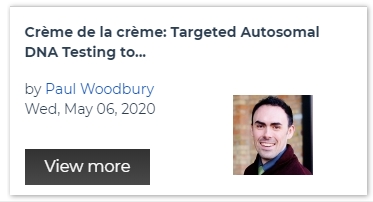
Crème de la crème: Targeted Autosomal DNA Testing to Isolate Pertinent Genetic Cousinsby Paul Woodbury
6 May 2020
Family Tree Webinars2411/19Transcarpathia: Eastern Slovak and Ukrainian Jewish Research
Sunday, November 24th, 2 - 4 p.m.
Mid-Island Y-JCC
45 Manetto Hill Road
Plainview, NY2710/19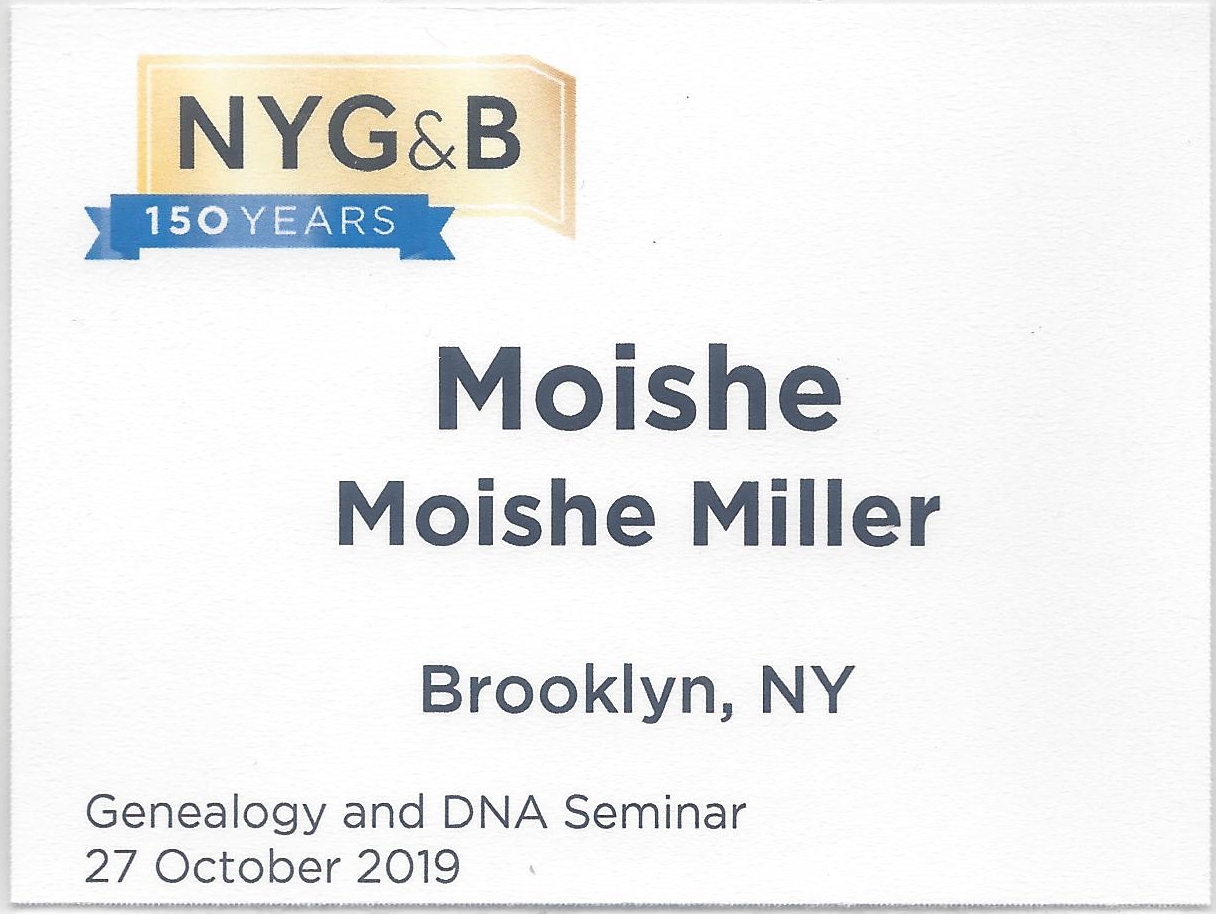
Genealogy and DNA: An Intermediate-level Seminarby Blaine T. Bettinger, PhD, JD
27 October 2019
New York Genealogical & Biographical Society3007/19
Examining Your DNA Matches with DNA Painterby Jonny Perl
2 March 2019
2019 RootsTech Sessions1906/19
You Can Do DNAby Christi Lynn Jacobsen, Dana Leeds, Diahan Southard
12 March 2019
2019 RootsTech Sessions8 - 905/19NGS 2019 Family History Conference
705/19Workshop - Putting Skills to Work:
A full day of learning focused on skills needed by any genealogist and advocating established genealogical standards.
2603/19
The Five-story Fall: Correlating Indirect and Direct Evidence to Extend the Pedigreeby Debra S. Mieszala, CG
19 March 20192910/18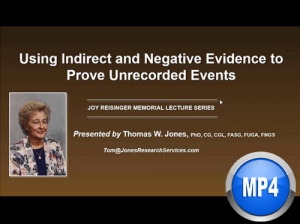
Using Indirect and Negative Evidence to Prove Unrecorded Eventsby Tom Jones, PhD, CG, CGL
19 October 20182 - 305/18NGS 2018 Family History Conference
105/18Workshop - Putting Skills to Work:
A full day of learning focused on skills needed by any genealogist and advocating established genealogical standards.
801/18Angela's Certification Discussion Group 2018.1 (Winter)
The goal of this class is to de-mystify the portfolio process, give examples of successful portfolios (but not perfect) and inform on the techniques & methodologies learned along the way.
2011/17American Genealogical Studies: Guide to Documentation and Source Citation and Basics
Is a course for anyone who wants to understand the principles of citation for common sources such as books, periodicals, and a variety of filmed and digitized records.
1011/17American Genealogical Studies: The Basics
Is a course designed for anyone just starting out or who wants a quick refresher on genealogical principles.
